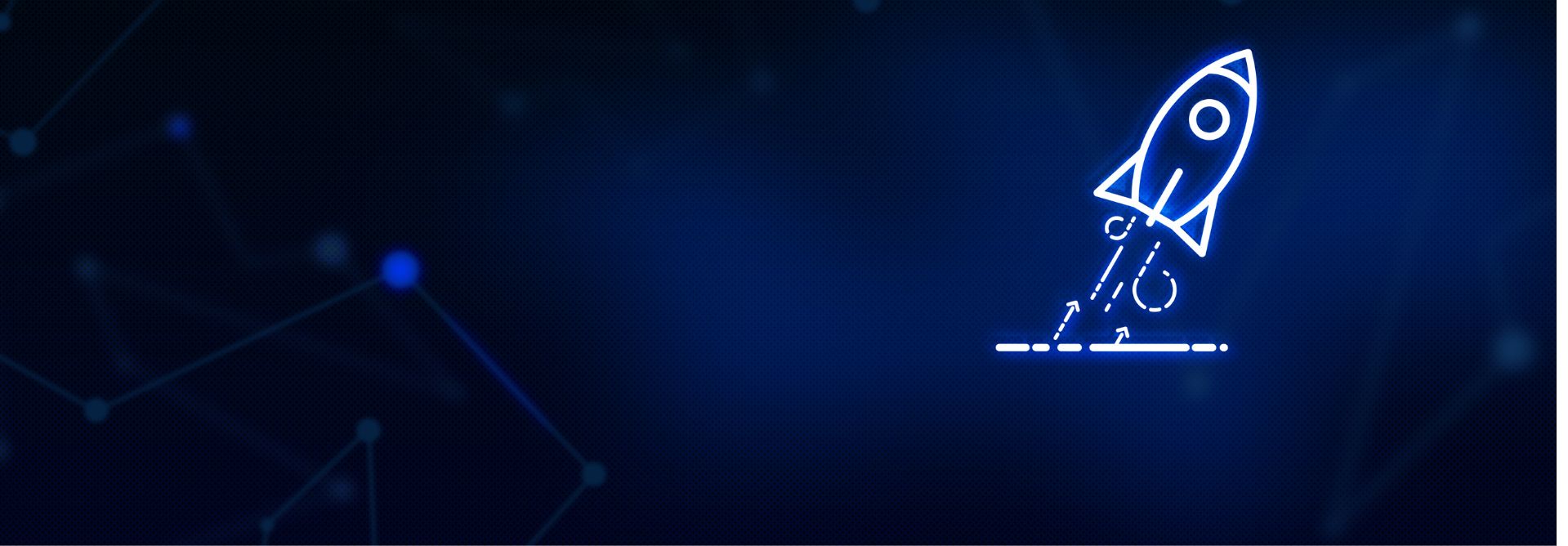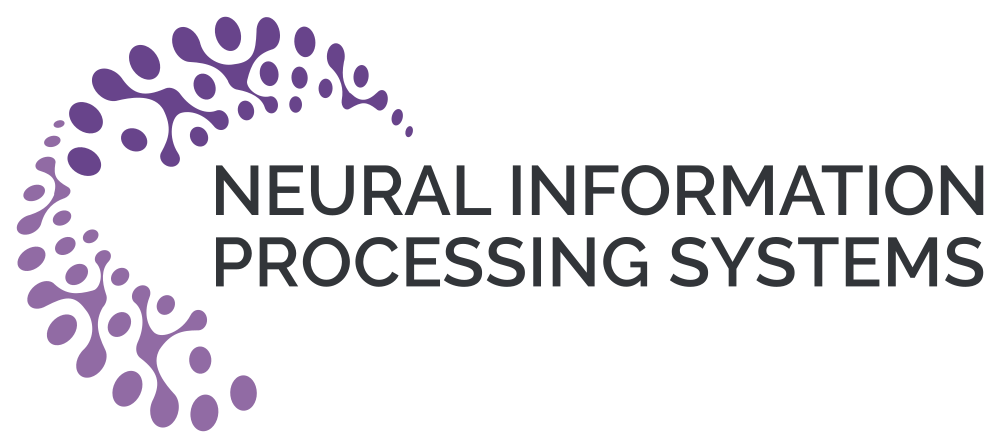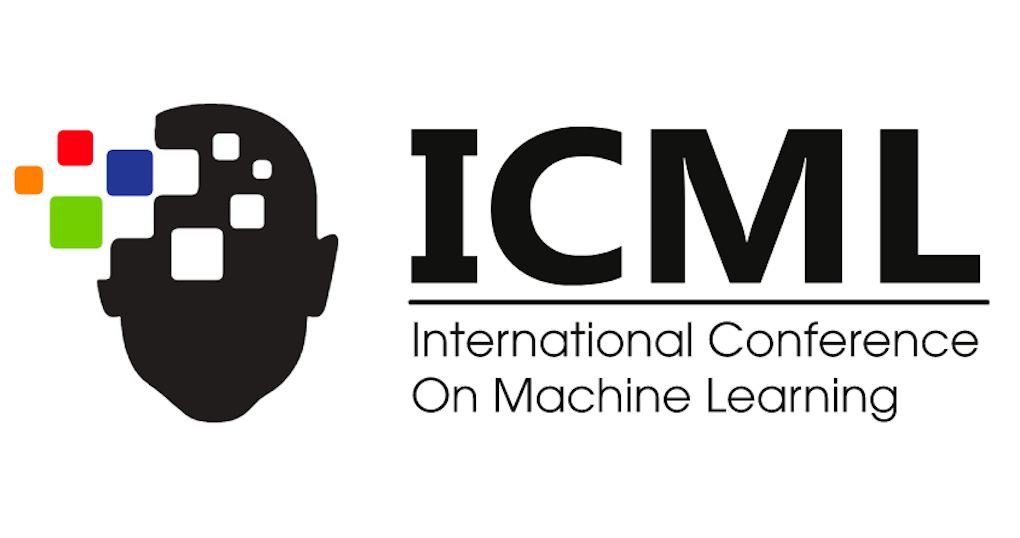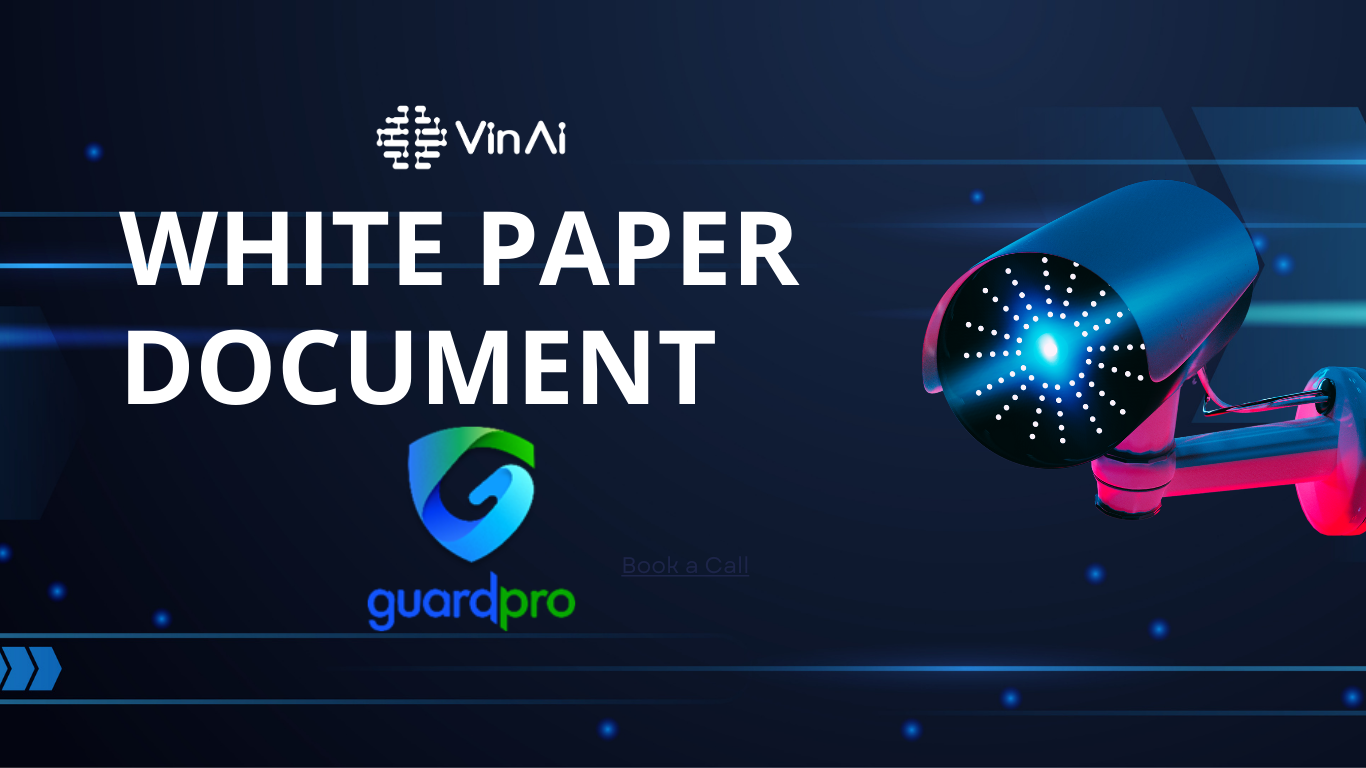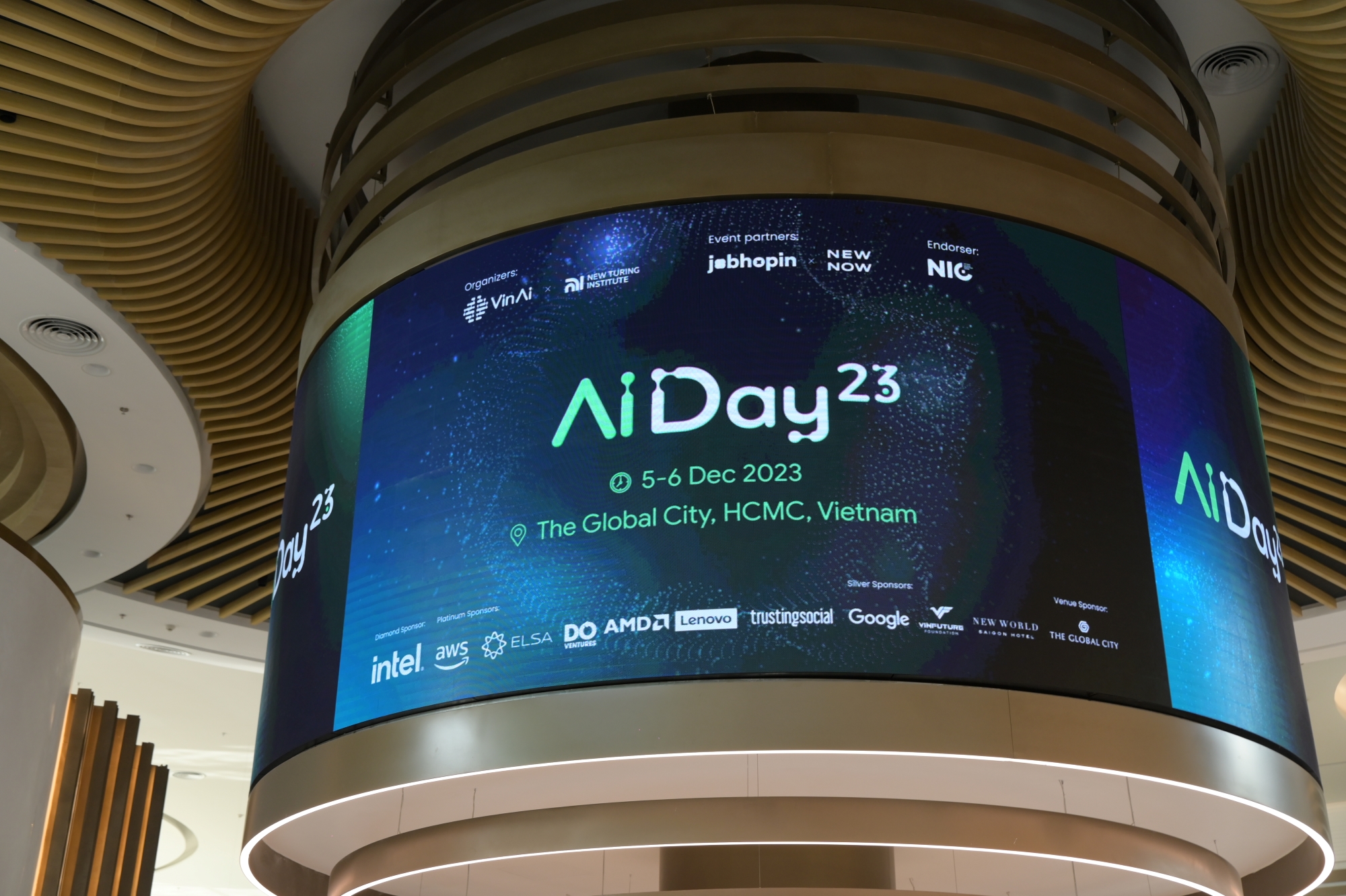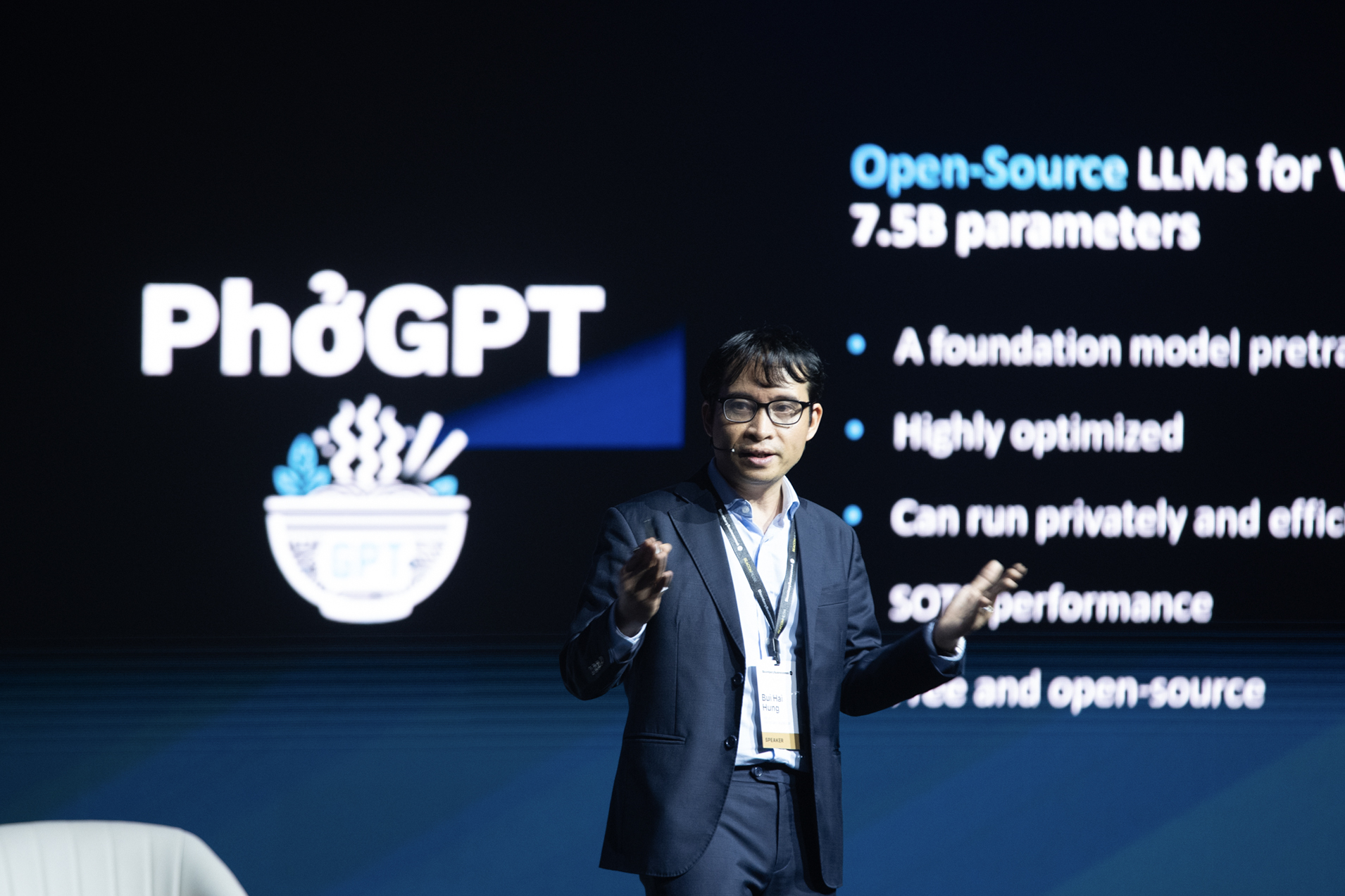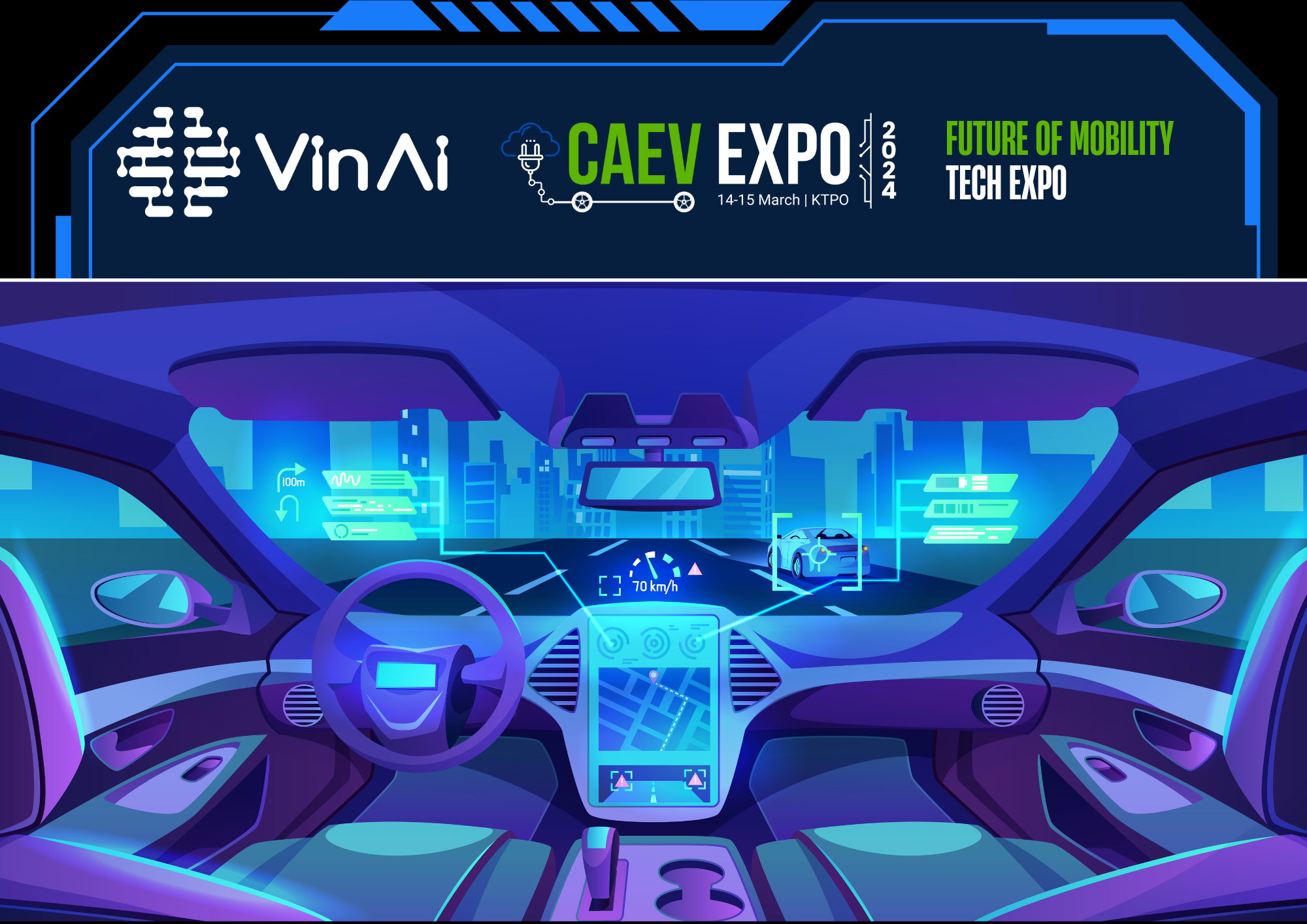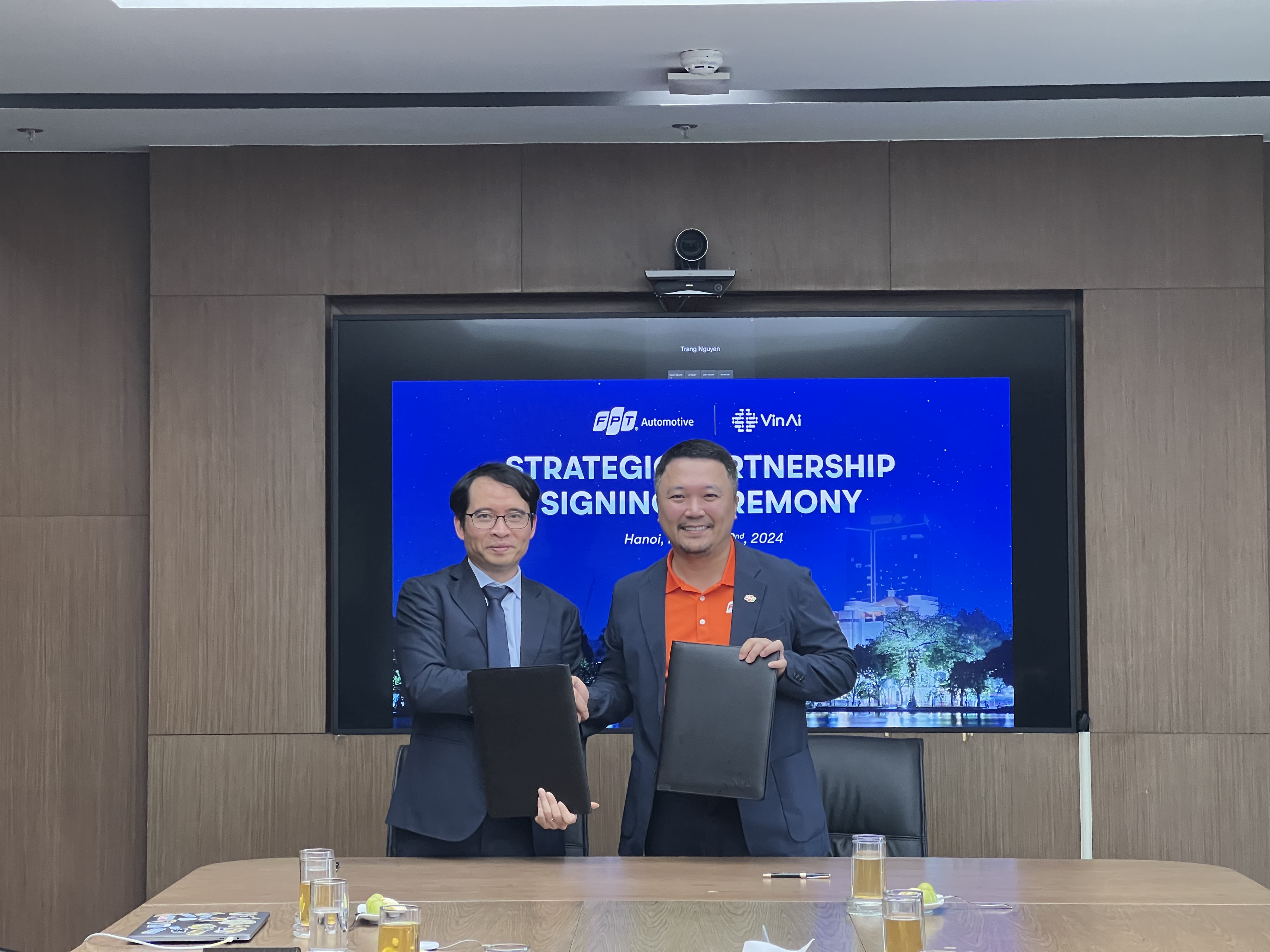Founded in 1987, the Conference on Neural Information Processing Systems (abbreviated as NeurIPS and formerly NIPS) is one of the most prestigious and competitive international conferences in machine learning and computational neuroscience. In 2021, there were a total of 9122 full paper submissions to NeurIPS, of which the program committee accepted 26% for presentation at the main conference. Among these high-quality papers, our research lab, VinAI Research published a total of 8 papers at NeurIPS 2021. Notably, 6 of them are led by the research residents in our Residency Program. It is also worth noting that our research collaborators come from leading institutions around the world such as Stanford University, The University of Texas at Austin, University of Oxford, Monash University, etc.
For the last two years, we produced the overview analyses and rankings of research institutions at the International Conference on Machine Learning (ICML) 2020 and ICML 2021. This year, we continue to collect data from the NeurIPS official website to provide similar results for the top 50 institutions.
Figure 1: Top 50 institutes (Academia & Industry) leading in the number of accepted papers at NeurIPS 2021.
Figure 2: Top 50 institutes (Academia only) leading in the number of accepted papers at NeurIPS 2021.
The lists of the top 50 institutions that published the most papers, for both the academia-only track, and the industry-only track are shown in Figure 1, 2, and 3, respectively. It can be seen from those statistics that Google is the leading company with a total of 188 accepted papers. Following this multinational technology company are four well-known universities, including Stanford University, Massachusetts Institute of Technology (MIT), Carnegie Mellon University (CMU), and University of California, Berkeley, which are placed from 2nd to 5th positions, correspondingly. These 4 schools, accompanying Tsinghua University, take up the top 5 in the academia-only track.
Figure 3: Top 50 institutes (Industry only) leading in the number of accepted papers at NeurIPS 2021.
In the industry-only ranking, the list of top 50 leading industrial institutions consists mostly of tech giants from the United States, Europe, and China. Along with Google are other big names such as Microsoft, Facebook, IBM, Huawei, Amazon, Tencent, Riken, Alibaba, Nvidia, etc. The industry-only track is much more unbalanced in a comparison with the first two tracks, as there are large gaps between companies, and the number of corresponding papers decreases significantly from top to bottom. Our research lab, VinAI Research in Vietnam (highlighted in red), made it to the top list. VinAI Research published a total of 8 papers at NeurIPS 2021, resulting in the 23rd position in the industry-only track. Together with totally 4 previous papers in NeurIPS, 8 ICML papers, 7 ICLR (International Conference on Learning Representations) papers, and many related papers in other top-tier conferences since we established in 2019, we are showing a promising sign in growing strong, and proving to the world that we are a world-class research lab in Machine Learning and Artificial Intelligence in Vietnam, the South-East Asia region in particular, and the world in general.
Appendix.
The data regarding the author’s affiliation was crawled from the NeurIPS website https://neurips.cc/Conferences/2021/Schedule?type=Poster on Nov 12, 2021, 1:26 PM GMT+7. The code could be found here. Due to the inconsistency and misspelling between affiliations that were free-filled by the authors, we then must manually merge different spellings of the same institution (e.g., “Columbia”, “Columbia University”, and “Columbia Univerity”). In this step, we also grouped sub-institutions that belong to the same institution. The process of determining which institutions should be grouped together is relatively subjective. For example, we decided to merge New York University in different locations such as New York City, Shanghai, or Abu Dhabi, while differentiating two affiliations: Google and Deepmind, as they produce a significant number of papers. Finally, we defined a set of keywords that separate academic labs from industrial labs, such as “university”, “institute”, or “school”.

